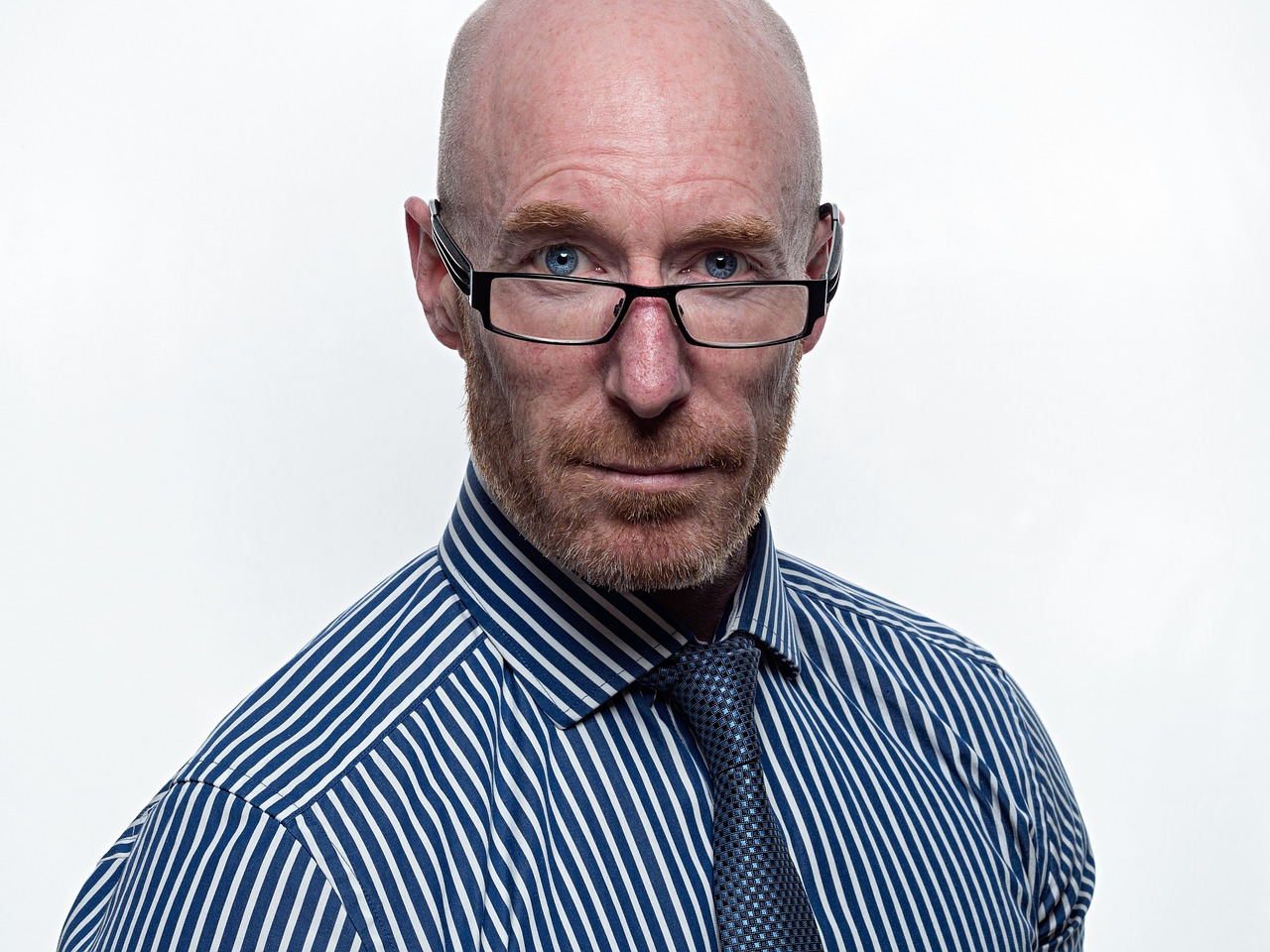“`html
Sexual health education is essential for fostering healthy relationships, informed decision-making, and overall well-being. In today’s rapidly changing social landscape, understanding sexual health is more important than ever. This comprehensive guide delves into the importance of sexual health education, the topics it covers, and the various methods that can be employed to effectively teach individuals across different age groups. Whether you’re an educator, a parent, or simply someone looking to enhance their knowledge, this blog post will provide valuable insights into sexual health education.
What is Sexual Health Education?
Sexual health education refers to a comprehensive approach to teaching individuals about various aspects of sexuality, reproductive health, and relationships. It encompasses a wide range of topics that empower people to make informed decisions regarding their bodies and relationships.
Key Components of Sexual Health Education
- Anatomy and Physiology: Understanding the human body and reproductive systems.
- Relationships: Exploring emotional connections, consent, and communication.
- Safer Sex Practices: Information about contraception, sexually transmitted infections (STIs), and preventive measures.
- Gender Identity and Sexual Orientation: Discussions on diversity and respect for all identities.
- Healthy Decision-Making: Encouraging critical thinking around choices related to sexual activity.
The Importance of Sexual Health Education
Sexual health education plays a crucial role in shaping societal attitudes and individual behaviors. Its importance can be outlined in the following aspects:
Reduction of STIs and Unplanned Pregnancies
- According to the CDC, nearly 20 million new STIs were reported in the U.S. in 2018.
- Educated individuals are more likely to engage in safer sex practices.
Empowerment Through Knowledge
When individuals have access to accurate information, they can:
- Make informed decisions about their health.
- Communicate effectively with partners.
- Understand their rights in relationships.
Methods of Delivering Sexual Health Education
Effective sexual health education can be delivered through various formats tailored to meet the needs of different audiences.
School-Based Programs
Implementing comprehensive sexual health education in schools can help students learn in a structured environment. Key points include:
- Curriculum aligned with age-appropriate topics.
- Training for teachers to handle sensitive discussions tactfully.
- Involvement of parents and the community for holistic communication.
Online Resources and Workshops
With the rise of digital platforms, various online resources have emerged. Benefits include:
- Accessible information for individuals and communities.
- Interactive workshops that engage participants.
- Confidentiality and privacy for sensitive topics.
Community Initiatives
Local health clinics and organizations can conduct workshops and outreach programs. Actionable takeaways include:
- Partnering with schools to provide resources and support.
- Leveraging social media campaigns to spread awareness.
Challenges in Sexual Health Education
Despite its importance, sexual health education faces several challenges that hinder its effectiveness.
Cultural Sensitivity
- Different cultural backgrounds may affect perspectives on sexual health.
- Educators should be trained to approach topics with sensitivity and understanding.
Access to Resources
Many communities lack access to comprehensive sexual health resources. Considerations include:
- Improving funding for sexual health programs.
- Increasing availability of resources in underserved areas.
Conclusion
Sexual health education is a vital component of public health that equips individuals with the knowledge and tools necessary to navigate complex relationships and make informed choices regarding their sexual health. As we face ongoing challenges in delivering effective education in diverse cultural contexts, it is imperative to continue advocating for comprehensive sexual health programs that are accessible to all. By fostering open, informed conversations about sexuality, we can promote healthier lifestyles and relationships, ultimately benefiting individuals and communities alike.
“`



